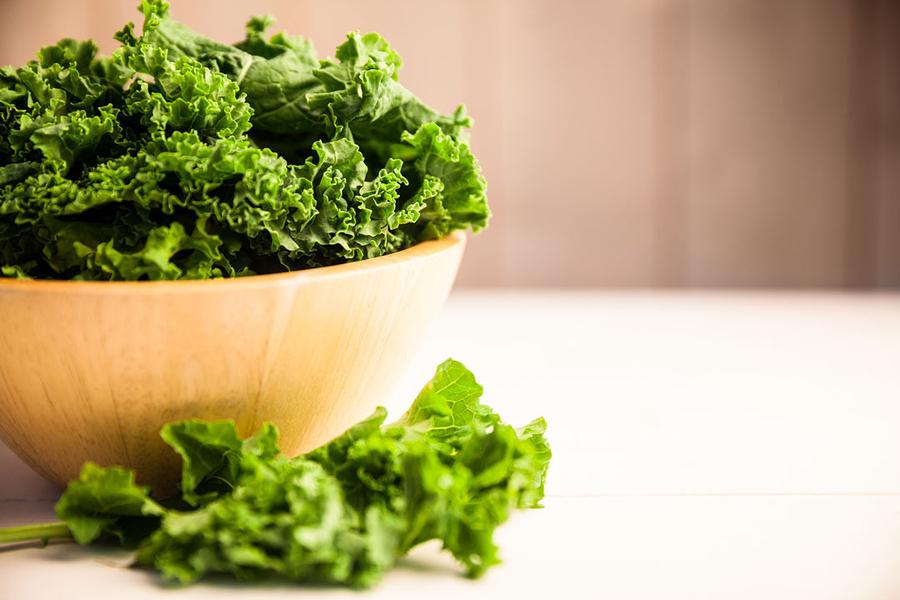
As we age our risk of injury increases and we have to pay closer attention to how we take care of ourselves. Not only does it become more important to eat well and to exercise regularly, but we must also be more careful in general about the activities that we engage in. In order to protect ourselves from injury as we grow into our senior years, it is helpful to have a working knowledge of nutrition. This is because the nutrients that we consume play a huge role in maintaining our health, fitness and range of functions.
Bone Density
Decreasing bone density is a common problem for many seniors and this leads to a heightened risk of fractures and breaks. Although a broken bone for a younger person is a serious injury, with time it will heal and will not have a long-lasting effect on quality of life. However, when an older person experiences a break or a fracture, it can be a complicated healing process and will have a massive impact on quality of life.
Calcium in the Body
Recent studies have shown that even if a senior person increases their calcium intake, it will not protect them from breaks and fractures. This makes it even more important to start getting an adequate amount at a young age and continue with this behaviour through life. This will build healthy bones that will be less likely to suffer an injury.
Approximately 99% of the calcium in the body is stored in our bones and our teeth. This means it is in the right place to aid with function in these areas which is where it is needed most. The final 1% of our calcium supports the function of our muscles, nerves, hormones and blood vessels.
The National Osteoporosis Foundation claims that, “Too many Americans fall short of getting the amount of calcium they need every day and that can lead to bone loss, low bone density and even broken bones”.
It is advised that men who are in their later years should aim to get approximately 1,000 milligrams of calcium each day. Women of the same age should try to get slightly more at 1,200 milligrams. It is estimated that actually the average person only consumes 700 milligrams per day!
Sources of Calcium
Well known sources of calcium are milk, yogurt, cheese and other dairy products. However, those who follow a plant based diet can also get ample amounts of calcium by eating kale, broccoli and other dark, leafy green vegetables. With 150mg of calcium in just 100g of kale, including this plant in your diet regularly is a great way to meet your daily calcium quota. Click here to read more about the benefits of kale!
With just 47mg of calcium in 100g of broccoli, this vegetable is not as beneficial as kale, but still packs a powerful nutrient punch and can help to protect your body and bones. By aiming to include at least one or two portions of dark, leafy green vegetables in your diet every day, you can almost be certain that you are helping yourself to meet your daily recommended amount of calcium.
Calcium supplements can be used in order to boost your daily intake and should certainly be considered when a deficiency is occurring. Always remember that too much calcium in the body can pose certain health risks, such as excessive thirst, excessive urination, nausea, pain, vomiting and more, so it is important to strike a balance! If you are going to use supplements because you believe that you are not able to get an ample amount of calcium through your diet, then it is important to ascertain roughly how much calcium you are consuming naturally. This will then guide you as to the supplement dose that you should then take.
Vitamin D
In addition to calcium, vitamin D also plays an important role when it comes to the health of your bones as you age.
Vitamin D actually helps your body to absorb calcium. Children need to get a good dose of vitamin D in order to build strong bones, whereas adults need it to maintain the good health of their bones.
Essentially, it is important that everyone, regardless of age, gets this vitamin into their body. This is possible through diet, exposure to regular sunshine and also with supplements. Adults under 50 will generally only need between 400 and 800 IU daily, however those over the age of 50 should try to get between 800 and 1000 IU.
Vitamin D is not naturally occurring in many foods and is mostly found in fish. It is also often added to milk, orange juice and cereal. When your body is exposed to sunlight it will make vitamin D from the UVB rays. You are then able to store it for later use. If you live in a climate that does not allow you to enjoy the sun regularly, or you do not include fish in your diet, then you should seriously consider taking supplements.
References
1) http://www.healthline.com/health/hypercalcemia#Symptoms3
Related Posts
Cigarettes May Inhibit Inflammation Treatments
Axial spondyloarthritis, also known as AxSpa, is a chronic…







